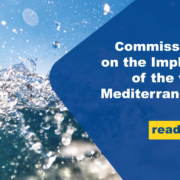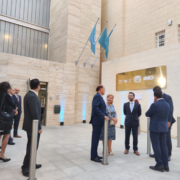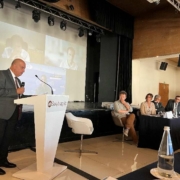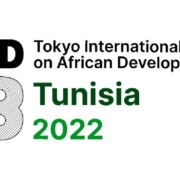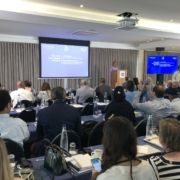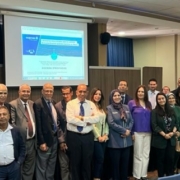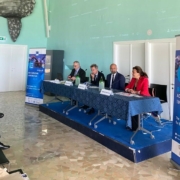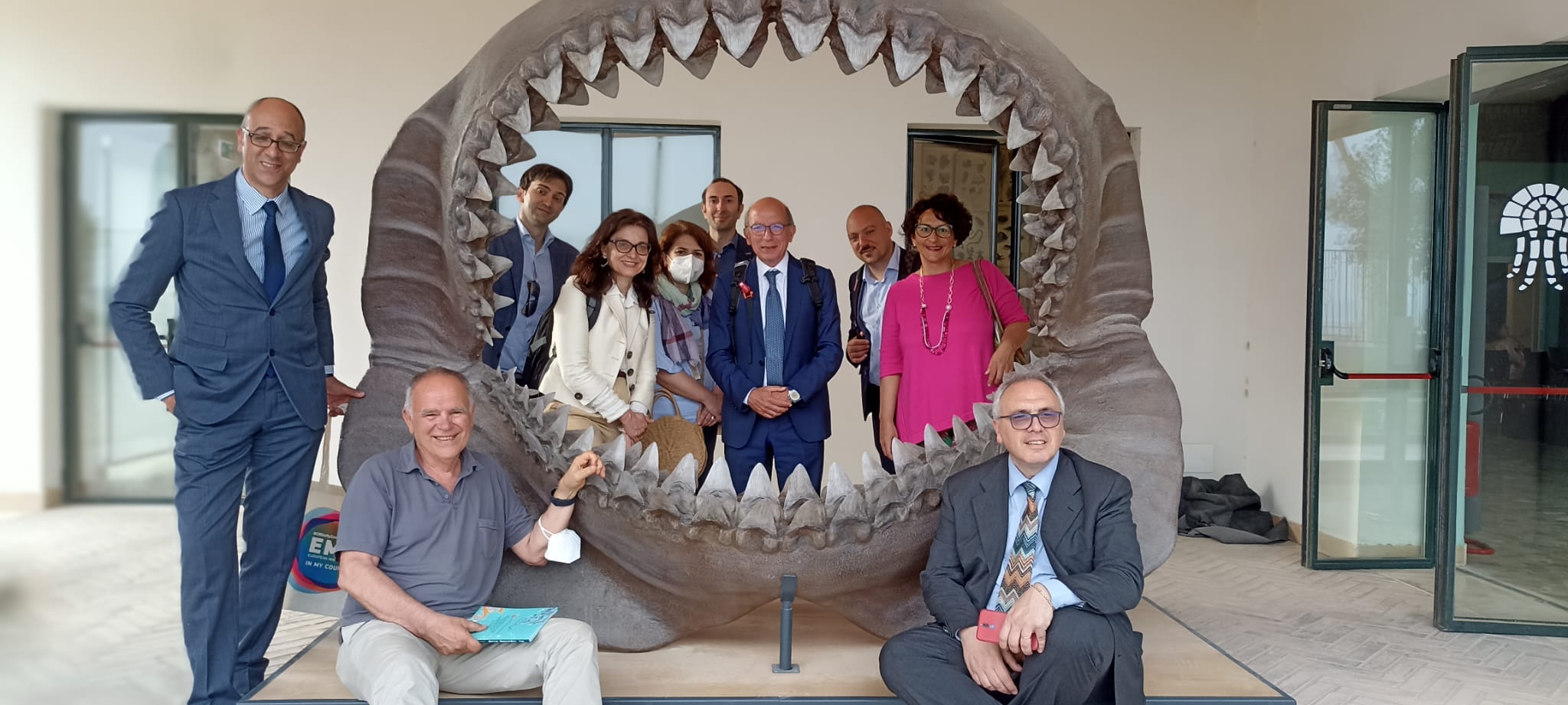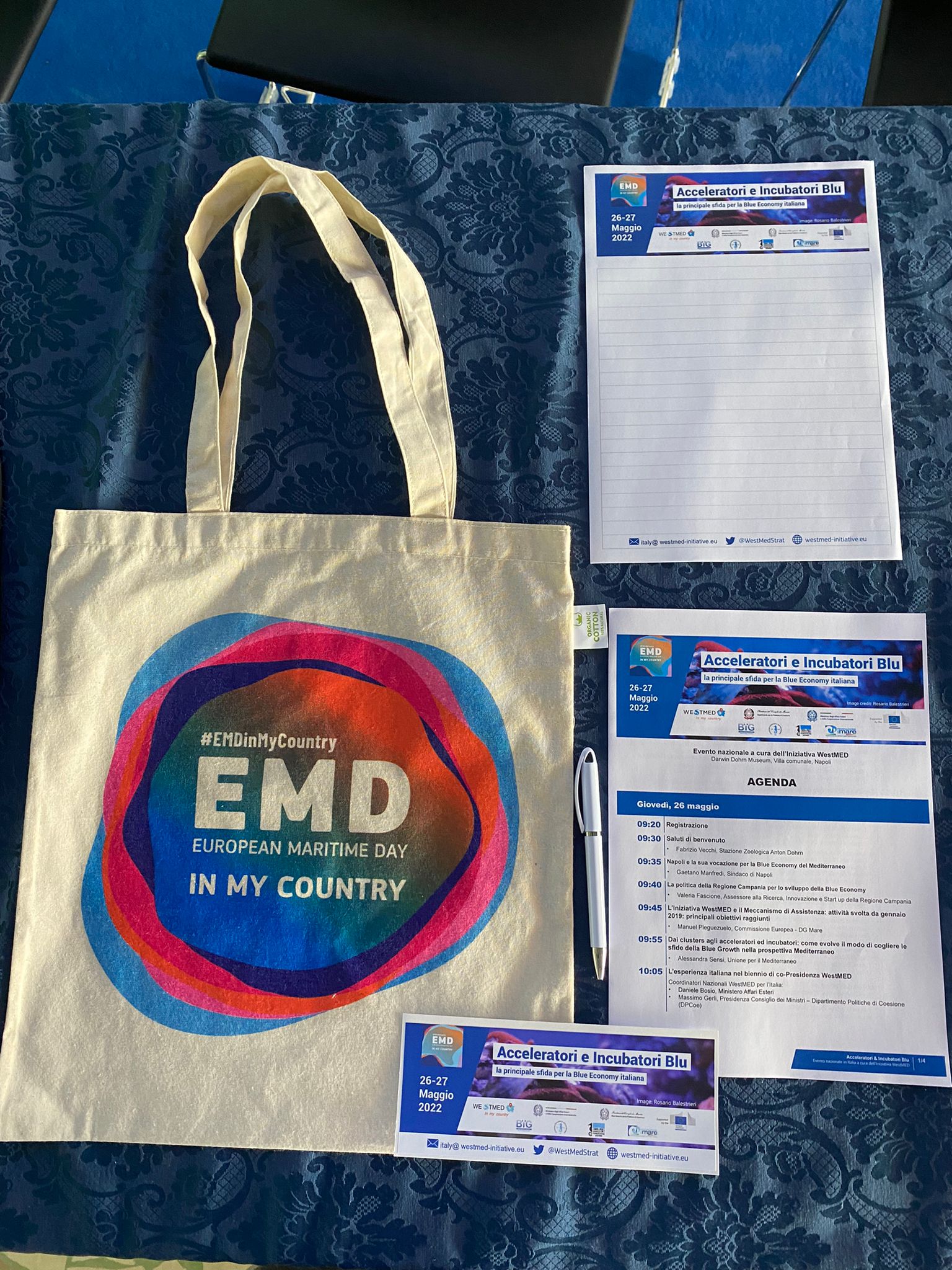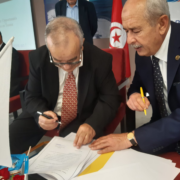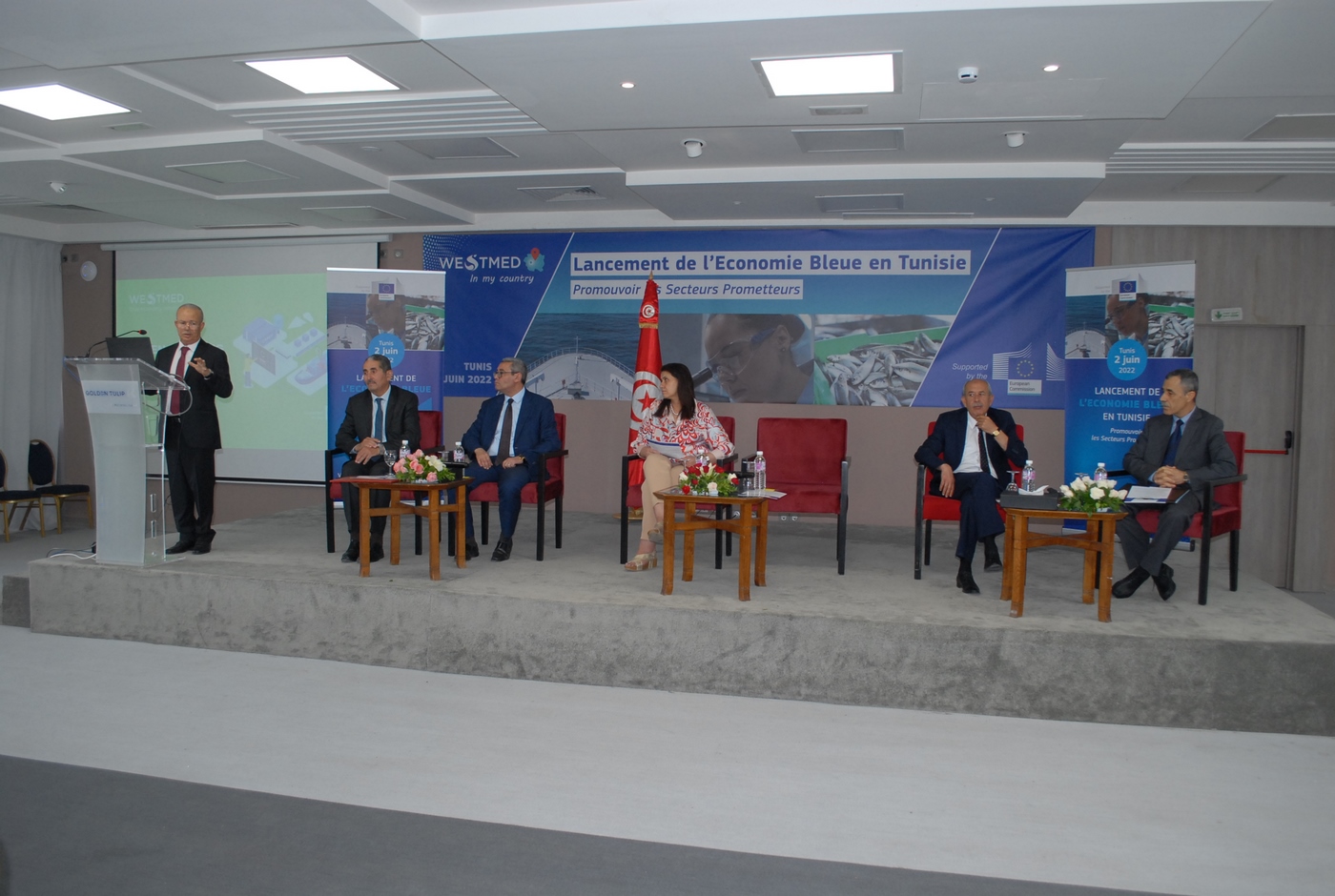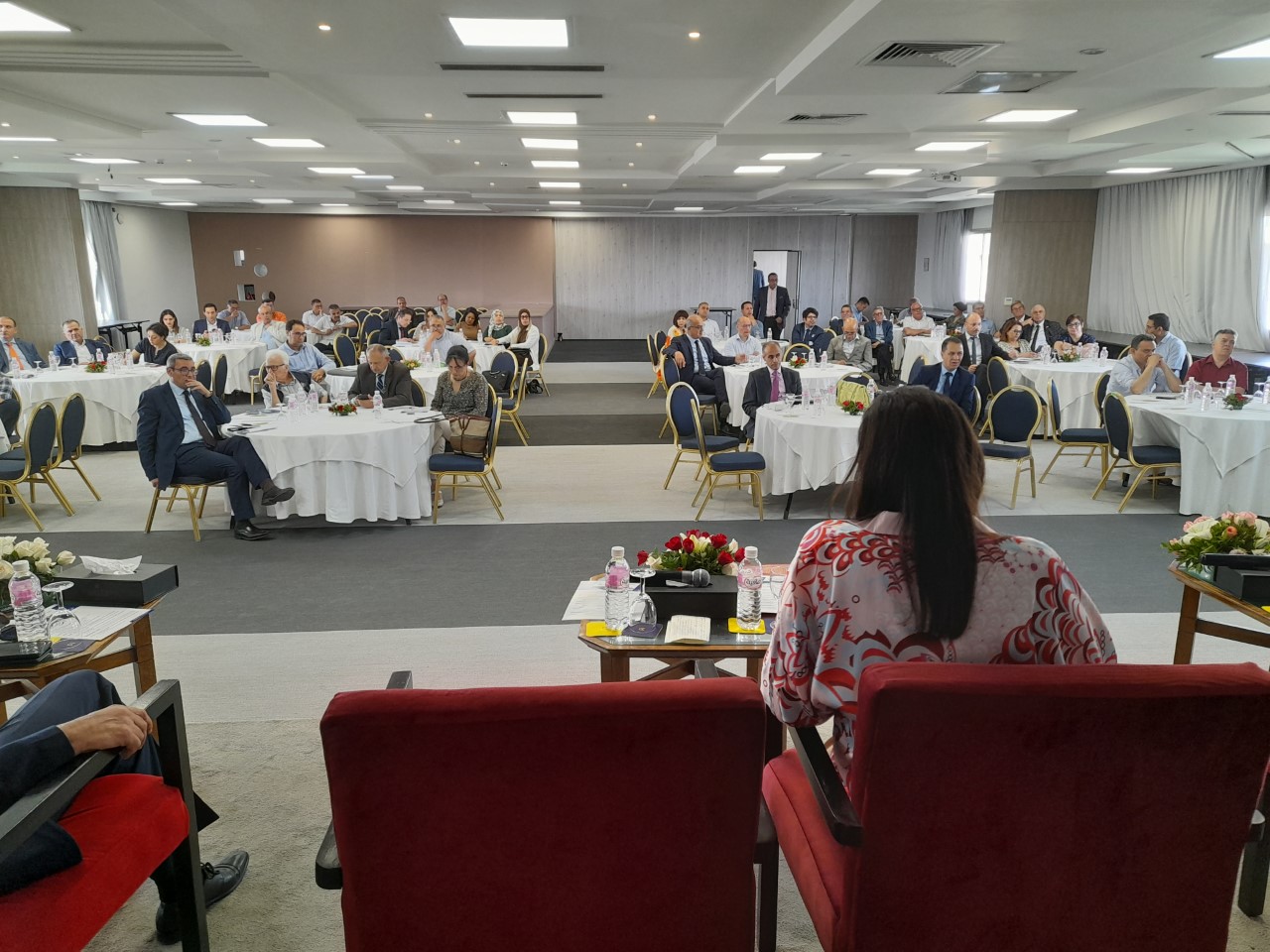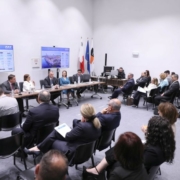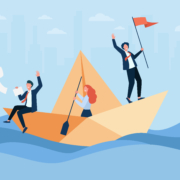Commission report on the implementation of the Western Mediterranean initiative
Source: European commission
The Commission has adopted a report on the outcomes of the Western Mediterranean (WestMED) initiativeSearch for available translations of the preceding which has been in place for 5 years. Since 2017, five EU Member States (France, Italy, Portugal, Spain and Malta), and five southern partner countries (Algeria, Libya, Mauritania, Morocco and Tunisia) have worked together on their shared interest for the Mediterranean around three goals: increase maritime safety and security, promote sustainable blue economy, growth and jobs, and preserve ecosystems and biodiversity. The WestMED initiative has proved to be a useful intergovernmental platform for promoting sustainable blue economy sectors across the Western Mediterranean. The COVID-19 pandemic challenged the functioning and governance of the initiative, as most meetings had to be virtual. Nevertheless, great progress was made, justifying its continuation.
Key outcomes of the WestMED initiative
The Commission drafted the report after careful analysis of the feedback received from the involved parties and an independent external review study.
The WestMED initiative has demonstrated progress and success since its creation. Although certain aspects of the initiative can be improved under its current governance, no major changes will be required, as it has been deemed a successful initiative that has
- served as a forum for dialogue and soft diplomacy
- led to an increase in cooperation and partnerships
- provided its members with project support (especially when applying for funding)
- enabled knowledge sharing and exchanges
- set-up technical working groups and alliances (on green shipping, sustainable aquaculture and clusters) and
- broadened its cooperation with other Mediterranean countries
Three recommendations for the future
Three recommendations were made in the report:
- The initiative and its accompanying framework for action should remain as they are.
- The WestMED Assistance Mechanism (operational, logistical and administrative support financed through the European Maritime, Fisheries and Aquaculture Fund) should address issues such as increasing visibility; better use of project branding and improved metrics for evaluating the implementation of the initiative.
- The priorities in relation to regional/international policies should be reviewed, taking account of the second Union for Mediterranean Ministerial Declaration on a sustainable blue economy.
Background
In April 2017, the Commission adopted the Communication on the Initiative for the sustainable development of the blue economy in the Western MediterraneanSearch for available translations of the preceding link (‘WestMED initiative’ or ‘the initiative’) along with its framework for action. The initiative was formally endorsed in November the same year by the ten participating countries: five EU Member States (France, Italy, Portugal, Spain and Malta), and five southern partner countries (Algeria, Libya, Mauritania, Morocco and Tunisia). A number of priorities and targeted actions were set, including coastguard functions cooperation, maritime safety and response to marine pollution rescue, strategic research and innovation, maritime clusters development, skills development and circulation, maritime spatial planning, biodiversity and marine habitat conservation, sustainable fisheries and coastal community development.
The initiative is a direct outcome of the Euro-Mediterranean Ministerial Declaration on the Blue EconomySearch for available translations of the preceding link adopted at the Union for the Mediterranean (UfM) conference held in November 2015. The initiative also builds on years of ‘5+5 Dialogue’ between the ten participating countries.
The Commission had an obligation to report on the implementation five years after the launch of the WestMED initiative.
Next steps
Following the presentation to the Council and European Parliament, this report will be presented at the Ministerial meeting of the WestMED in 2023, in Malta. During this meeting, the countries can choose to reconfirm or update the priorities included in the current 2017 framework for action.
More information
Report on the implementation of the Western Mediterranean initiative in all official EU languages

